


OBTAIN 3 QUOTES FOR YOUR HEAT PUMP OR AIR-CONDITIONING
Best HVAC Systems in Saskatoon for heating and cooling

Are you having problems with your HVAC systems? For heating or cooling problems, we have local HVAC partners serving Saskatoon and surrounding areas to help you.
Whether you need to replace your water heater, furnace, or air-conditioner, HVAC professionals are the best resource for advice and solutions.
We all need an efficient air-conditioning system to keep us comfortable during the hot summer season and a reliable furnace for warmth in the cold winter season. Hot water heaters are also a must.
These systems are practical necessities but they need regular maintenance and replacement as they wear out over time.
You can count on our local partners in Saskatoon for your heating and cooling needs.
Just fill out the form on this page to receive FREE and NO-OBLIGATION QUOTES to compare and save time.
Tips for Furnace Repair or Replacement in Saskatoon
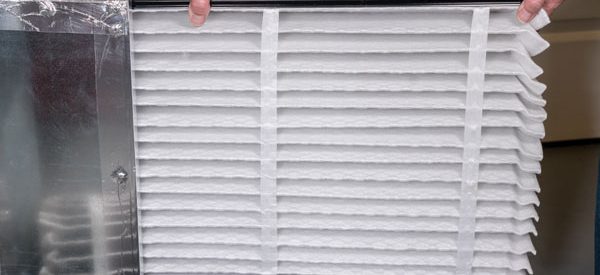
Did you know that upgrading to a high-efficiency furnace now can give you lower energy bills for many years to come?
Old furnaces use more energy to operate and are at risk of a breakdown at the most inopportune time. You can have peace of mind knowing that your furnace can be relied upon to make the home warm when needed.
HVAC contractors can help you choose the best high-efficiency furnace for your home that suits your budget.
When to replace a furnace
Canadian winters can be brutal so it is important to have a reliable furnace to keep your house warm and your family comfortable during those very cold days.
If your furnace is old, you may be asking yourself if you need to replace it and how much longer will it last? You may also be worried about the cost of a furnace replacement.
We would like to tell you what you need to know about repairs and replacement of furnaces, their lifespan, and how to get more from your heating system.
The lifespan of a furnace
A furnace can last from 15 to 30 years, although most furnaces are replaced around the 13th to the 17th year mark. In Canada, furnaces pump out heat for 6 months or so each year and this causes wear and tear.
Many factors affect the lifespan of your furnace, including:
The model and make: There are makes and models of HVAC systems that are higher in quality. They simply last longer.
Furnace Type: You can find many different types of furnaces in the market – oil, propane, gas, and electric. Each one of them has a different life expectancy.
Parts: A furnace is a sophisticated system with many different parts. These parts can become defective and will affect the lifespan of the unit.
Maintenance: A furnace needs regular maintenance for it to work efficiently. Many HVAC contractors offer annual maintenance services for furnaces which can extend their lifespan.
Installation: A professional furnace installation will also ensure that your equipment works optimally and run longer.
Below are the average lifespans of the different types of furnaces:
Type of furnace | Average lifespan |
Gas furnace | 15 to 30 years |
Propane furnace | 16 to 20 years |
Oil furnace | 15 to 20 years |
Electric furnace | 20 to 30 years |
Many households use natural gas furnaces but propane, wood, oil, and electric furnaces are also available.
Repair vs. Replacement of a furnace
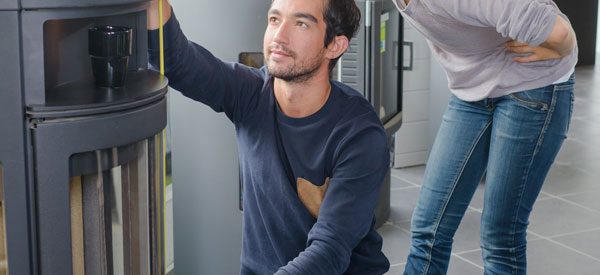
Buying a new furnace is a big investment and most people don’t want to do it unless it becomes necessary.
However, if you have an old furnace that has needed repairs more often than you like, you may be better off replacing it with a new one.
A good factor to consider would be the cost of repairs. If you will be spending nearly half the cost of new equipment, it makes more sense to simply buy a new furnace. This becomes even more important if the furnace is 10 years old or more.
For instance, if you are looking at repairs estimated at $1,500 and a new furnace will cost you about $3,000, professionals may recommend a new heating system.
You can also check the warranty of your furnace as some manufacturers offer a 10 to 20 years warranty on parts. If your existing furnace is still under warranty and you are not ready to replace it, it is possible to get it repaired.
Signs that you need a new furnace
There are ways to determine if you should upgrade to a new furnace.
- Higher energy bills than usual
- AFUE (annual fuel utilization efficiency) below 90%
- Strange noises coming from the furnace
- Hot and cold spots in the home
- Frequent cycling (turn on and off)
- Frequent repairs
- Dry or humid in the home
According to Energy Star, it is better to replace a furnace that is 15 years or older to save money on energy bills. An Energy Star-certified unit has a high AFUE rating and performs better.
How to get the most out of your furnace
There are also ways to prolong the life of your furnace. The first step is to get an HVAC professional to install it for you.
Aside from ensuring that your furnace will last as long as possible, you will also have the assurance that the furnace is the right size for your home and that it will operate efficiently.
An HVAC contractor will also be able to conduct periodic cleaning and maintenance of your furnace to keep it working efficiently for a long time.
Follow these tips to make your furnace last:
- Get your unit inspected and request a tune-up each fall.
- Clean and replace filters every month during winter.
- Get a programmable thermostat for maximum efficiency.
- Check and seal leaks so that the furnace won’t need to work too hard.
- Get the right size of furnace for the home.
- Conduct blower, ignitor, flame sensor, and burner vacuuming once a year.
Things to prepare before calling an HVAC contractor

Before you schedule an HVAC assessment, the contractor will need to know a few things about your system. This is more important than ever because you want to avoid having a technician stay too long in your home. Giving out information over the phone will also help the contractor know what the problem is beforehand.
Be ready to inform the contractor about the type, brand, and age of your equipment. You may also need to tell him what error messages you receive when you operate the system.
Knowing such information will enable the technician to identify and fix the issue faster. Less time spent fixing your system will mean a lower bill on your part.
Fix or replace a water heater with problems
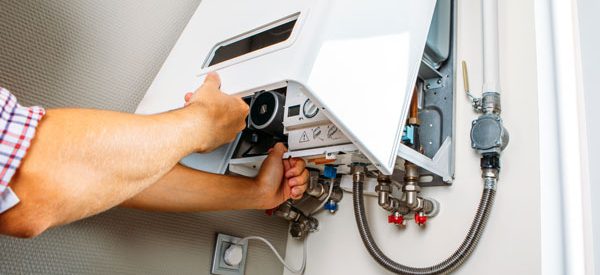
Another very essential component of an HVAC system is the water heater. A water heater that functions well costs less to operate over time. If you are experiencing problems with your hot water and not certain whether to fix or replace it, check for common water heater problems to see where you are at.
Water discoloration
Your water heater has an essential part called the anode rod which attracts certain minerals present in the water. You need to replace the anode rod every 5 years or so. If you are using a water softener, you may also need to get that checked annually.
Not enough hot water supply.
Inadequate supply of hot water could be due to a number of things. The dip tube, electrical element, gas valve, or demand could be at fault. You will need a qualified technician to check them and repair the water heater.
Water leak.
If you see a leak in the pressure, some parts may need to be replaced. If it is leaking at the bottom, you may have to replace the water heater completely.
Professional HVAC contractors can check your water heater and recommend repairing or replacing your water heater.
Fill out the form on this page to connect with qualified HVAC professionals serving your area. Get free quotes without any obligation on your part!
Heat Pumps for heating and cooling the home
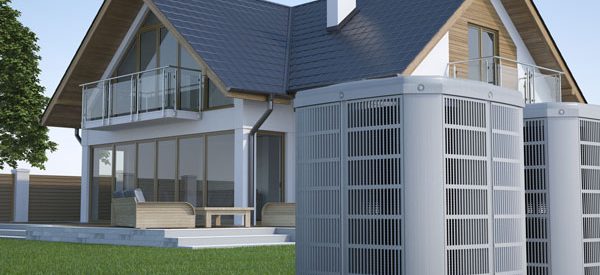
A heat pump can be a great solution for home comfort because it can heat and cool the house. Most heat pumps have similar SEER ratings as air-conditioners and HSPF (Heating Seasonal Performance Factor) used to measure heating efficiency. When equipment has a high SEER and HSPF, it means more energy savings for you.
A heat pump is an ideal alternative to electric heat. It works the same as an air conditioner in summer and functions in reverse to heat the home during winter. It will be matched with a backup heating source such as electric heat for extremely cold periods in wintertime.
When you use a conventional cooling and heating system, you need to use them less to be able to save money. Nowadays, many HVAC contractors can provide a hybrid heat system for gas or electric heating that can adapt to changing weather conditions.
Whatever the outdoor temperature is, a hybrid heat system can select the right fuel source for the home to let you feel warm in winter and cool in the summer without spending too much.
Most homes can have a combined natural gas furnace and heat pump unit to save on energy bills.
Are you interested to know more about heat pumps or hybrid heating systems? Fill out the form below to connect with top HVAC contractors in your area, free of charge.
Beat the heat with air-conditioners within your budget
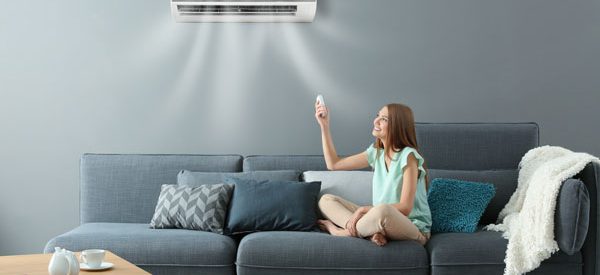
In Saskatoon, homeowners are concerned about extreme cold in winter and heat in the summer.
If you want to get ready to beat the heat the summer heat, contact a reliable HVAC contractor in Saskatoon for complete installation, repair, or maintenance of your home air conditioning system.
In weather that is sweltering hot, cool temperature in the home will allow you to sleep well at night and be comfortable during the day.
When shopping for a new air conditioner, the right size is critical. It must have sufficient power to cool your home so you can relax comfortably without paying too much for your energy bill.
Keep the following in mind when choosing your home’s air conditioning system.
How big is your home?
The size of your home (square footage) will have a big impact on the size and power of the air-conditioner you need.
A reputable contractor will perform an analysis of your cooling requirements and recommend the best size for energy efficiency and optimum performance.
What insulation is used in your home?
Your windows, walls, and ceilings also have an impact on the type of air conditioner needed to keep your home cool.
SEER rating to reduce energy bills
You should choose an air conditioning unit with a high SEER rating as much as possible. The higher the SEER (Seasonal Energy Efficiency Ratio), the more efficient the unit is which results in lower utility bills in the summer. In Canada, the regulatory agencies recommend a minimum SEER of 13 for all products.
HVAC contractors will make a detailed assessment of your home to recommend the right type and size of air conditioner, from central air conditioning systems to ductless systems.
FAQS about HVAC repairs and replacement in Saskatoon
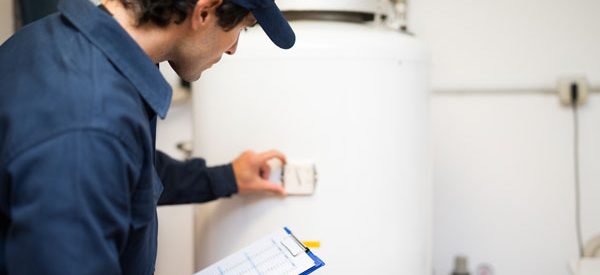
Should I rent or buy an air-conditioning system and furnace?
There are HVAC companies that offer homeowners the option to rent or buy an air-conditioning system or a furnace. The decision to rent or buy is yours to make but you can weigh certain factors to make a good decision. Some homeowners don’t want to be bothered by the problems of ownership and maintenance. The company will be responsible for maintenance and tune-up, repairs, and replacement. If you choose to rent a unit, make sure that you are dealing with a company that has been in the industry for a long time and has a solid reputation.
Buying your own unit is cheaper in the long term. Although as the owner, you will be responsible for repairs and maintenance and the upfront cost will be higher.
What is the best AC filter to buy?
To keep your air conditioner working optimally, you need to replace the air filter regularly. When selecting the air filter for your house, consider the minimum efficiency reporting value (MERV) which has a score from 1 to 20 to indicate its ability to capture airborne particles. Air filters with a higher MERC can capture even small particles flowing through your cooling system. Experts recommend buying air filters with at least a MERV of 7 or higher.
When is the best time to schedule an A/C tune-up or maintenance?
The best time to schedule an A/C tune-up is in May or April to avoid the rush of homeowners preparing for summer.
What is a smart thermostat?
A smart thermostat lets you control the temperature in your home remotely. It can help you reduce your heating costs.
You can connect it to your Wi-Fi network and check on your home’s temperature from your smartphone or other mobile devices. They can also be set to adjust temperatures automatically.
What is the average cost to replace a furnace?
You can expect to spend at least $2,500 for the purchase and installation of a new furnace. For a high-efficiency furnace with 2 stages, the cost could be from $3,000 to $5,000.
Why is it important to buy ENERGY STAR-certified equipment?
An average household spends hundreds of dollars on energy bills annually. Heating and cooling the home accounts for much of our energy use. Using ENERGY STAR certified equipment will help you to lower your monthly utility bills and help with environmental issues due to greenhouse gas emissions.
What is the average cost to install a central air-conditioning system?
To install central air-conditioning, you can expect to pay anywhere from $3,500 to $7,500, when all is said and done. The cost depends on factors such as the model you choose, SEER, size, etc.
Is it better to install a ductless mini-split or central air conditioning system?
A ductless mini-split A/C system has a relatively low installation cost and can be used without any ductwork. Note, however, that they can only cool one room at a time. If you need to cool a larger area or multiple rooms, you will need to buy several “heads” and outdoor compressors, thereby increasing your overall cost.
It might be more practical to install a central air-conditioning system if you have a larger home. The cost will depend on the size of the condenser unit and any ductwork needed.
Work with a reliable HVAC contractor from our network and get professional advice on the best type of system for your home.
How much is a water heater replacement?
Any good home HVAC system needs a water heater. Fortunately, water heaters are pretty inexpensive and can be easily installed by professional technicians. A tank water heater can cost from $1,800 to $3,000 while a tankless water heater can cost from $3,000 to $5,000.
Are boilers better than furnaces for heating?
A boiler system is generally more expensive than a furnace, with prices ranging from $7,500 to $9,500.
For a large home, a boiler will be more expensive because it needs to be bigger and more powerful and you will need to install more pipes. For homes that are 2,000 square feet or more, a boiler could cost about $12,000 up.
While a furnace blows hot air into each room in a house, a boiler pushes hot water into radiators placed in each room. It can heat a whole home with a single system.
Boilers, also called hydronic systems, offer unique features such as radiant heating, underfloor tubing (toasty floors), melt snow or ice in the entrance to reduce the need for shoveling, spa systems, etc.
When planning to upgrade a heating system, you need to consider the existing architecture of your house. Consult a qualified HVAC contractor to find the best heating solution for your home.
Heating and cooling solutions within your budget
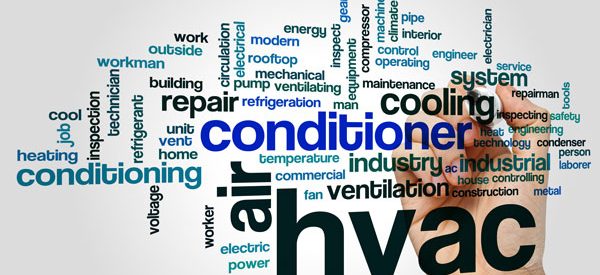
Whatever you need – air-conditioning system, furnace, boiler system, or water heater replacement, we have reliable HVAC partners to assist you in Saskatoon.
These contractors have been screened and verified based on their credentials and qualifications, license, insurance, and track record. You can have peace of mind that you will be dealing with a reputable and experienced HVAC company for your home.
Our partners specialize in:
- Water heater repairs and replacement
- Furnace repairs and replacement
- Air-conditioning systems (central air conditioners and ductless systems)
- Boiler system repair and installation
- Ventilation
- HVAC Maintenance agreement
Don’t leave your choice of HVAC contractor to luck! Choose from among our partners to ensure a successful installation and efficient operation of your equipment for many years!
Fill out the form on this page and get FREE and NO COMMITMENT QUOTES to compare and choose from!
Be ready for the heat or cold with high-efficiency HVAC equipment from reputable HVAC contractors.
Comments are closed.



OBTAIN 3 QUOTES FOR YOUR HEAT PUMP OR AIR-CONDITIONING
Copyright© 2024 Compare Home Quotes.
Oolong Media






